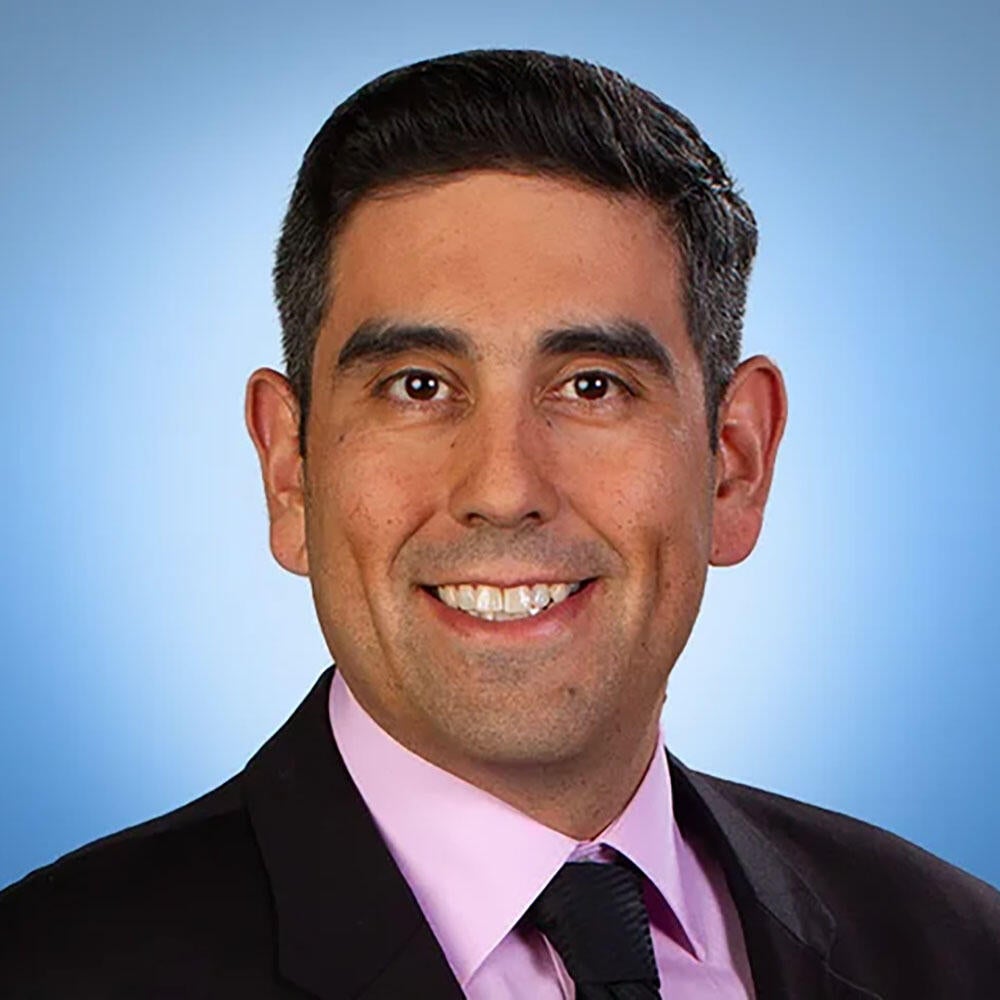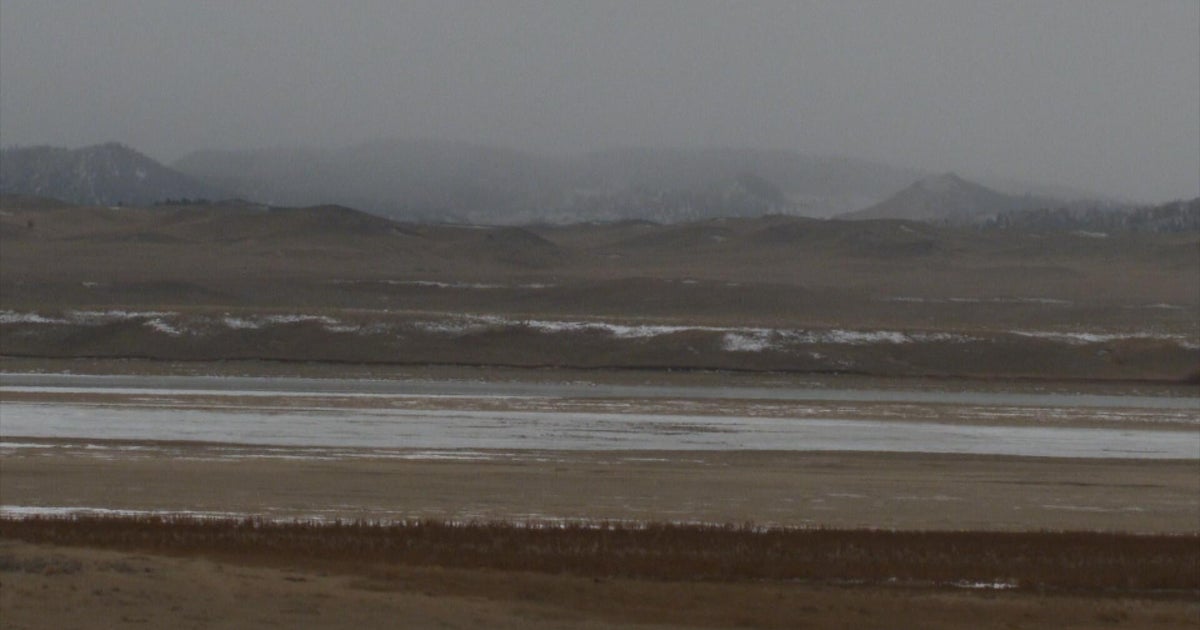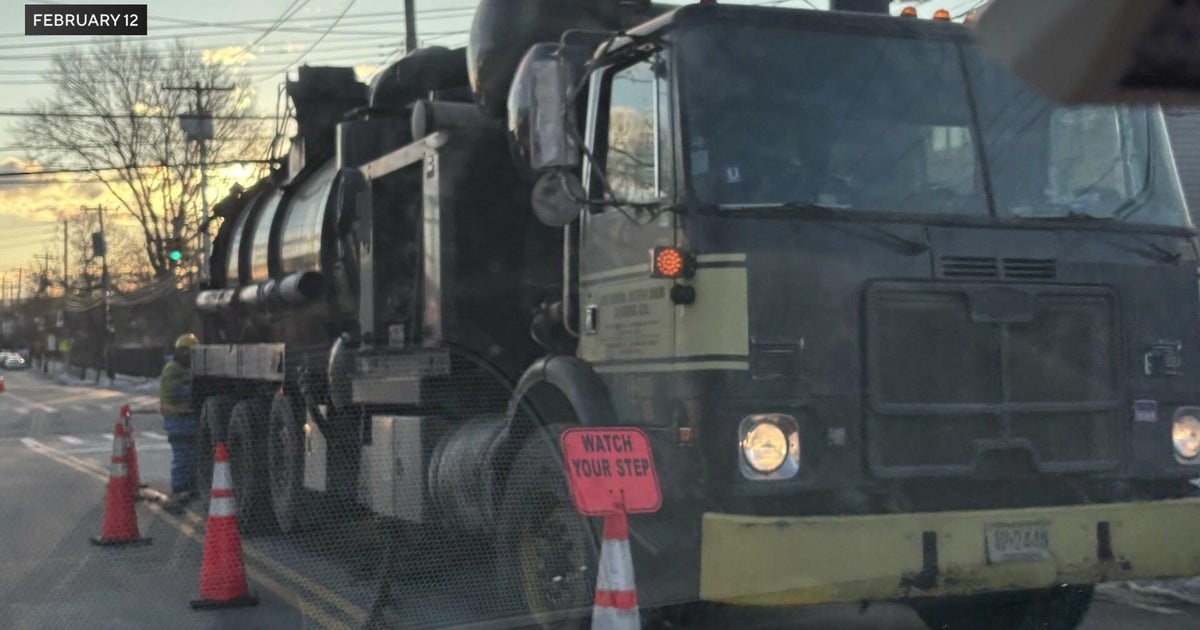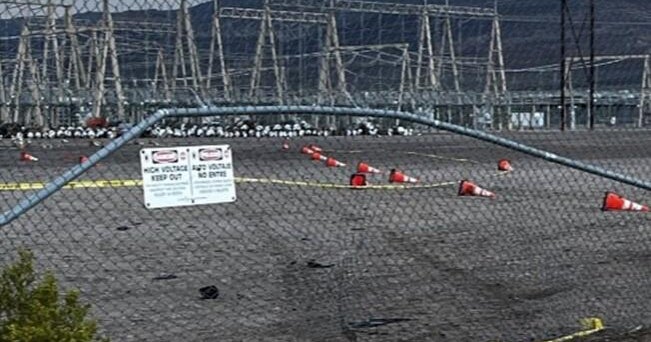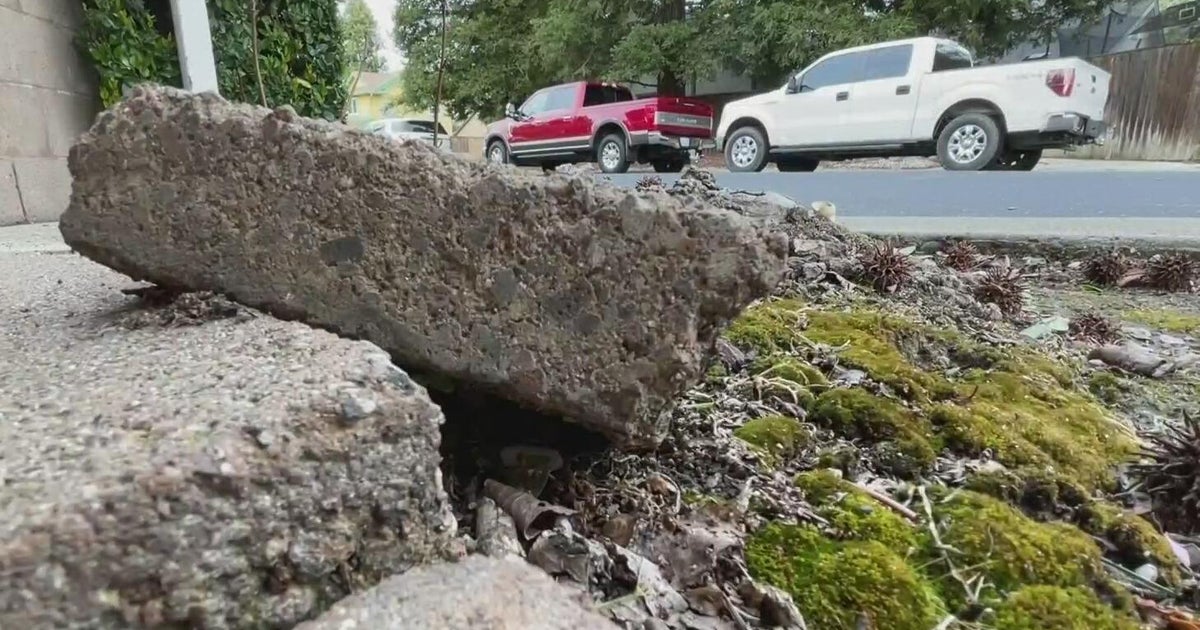Neighborhood group in Colorado exploring options after fracking project approved near Aurora Reservoir
A neighborhood group in Aurora is exploring options for the future after an oil and gas fracking project near the Aurora Reservoir was recently approved by a state commission.
Opponents of the project argue fracking -- the use of water to fracture underground rocks to extract oil -- will present health risks to neighbors, as well as environmental risks to the reservoir and surrounding ecosystems.
Nearly two years ago, Kevin Chan learned something about the future of his southeast Aurora neighborhood that upset him.
"There was a post on our neighborhood Facebook page saying something about mineral rights," said Chan in 2022.
He found out Crestone Peak Resources Operating, an oil and gas company, was planning a large oil and gas fracking project near his home and the Aurora Reservoir called the Lowry CAP. He worried about the effects that would have on his health and the environment. So, he created a Facebook group called Save the Aurora Reservoir.
"My initial thoughts were just to get my community informed and at least involved in some way, but never some sort of formal community group or opposition to it," said Chan.
That Facebook group grew into a grassroots effort to stop the project entirely. For two years he and some of his neighbors organized a fight to stop the project.
"It's been hard. It's, you know, the fundraising and the getting the word out, getting community involved," said Chan.
All their efforts culminated this month when they presented their case to the Colorado Energy and Carbon Management Commission.
"People from all walks of life, professions and varying levels of knowledge about the oil and gas industry have studied this CAP. They've come to the same conclusion: it is not protective," said Mike Foote, a lawyer representing Save The Aurora Reservoir.
Crestone Peak Resources Operating argued that they have studied the impact of the project, and it is safe.
"This commission has heard from one activist group without true standing whose sole mission is to prohibit oil and gas development on Lowry Ranch," said Kelsey Wasylenky, a lawyer representing Crestone Peak Resources Operating.
Ultimately the commission approved the project.
In a statement, Kait Schwartz, the director of the American Petroleum Institute of Colorado said:
"Since the passage of Senate Bill 19-181, the ECMC and local governments have implemented one of the most stringent regulatory frameworks in the country, and our industry has diligently worked to meet these high standards over the past five years. This decision to approve the Lowry Ranch Comprehensive Area Plan exemplifies that through hard work and due diligence from our operators, Colorado is still open for business.
It is disappointing and revelatory that despite meeting each requirement set forth in local and state law, including Senate Bill 19-181, there was still significant resistance from individuals and organizations who crafted those very laws. Our operators are proud to produce in Colorado, yet it is disheartening to encounter such opposition even when the regulations and requirements are strictly adhered to. This application and decision should serve as a model for addressing future projects, and we look forward to ongoing cooperation with state agencies, stakeholders, and the public to ensure we operate responsibly and comply with our state's increasingly ambitious standards."
Kevin says he is disappointed and isn't sure what his group's next step will be, if they even have one.
"We need to really look at evaluating how this group goes forward right now," said Chan.
